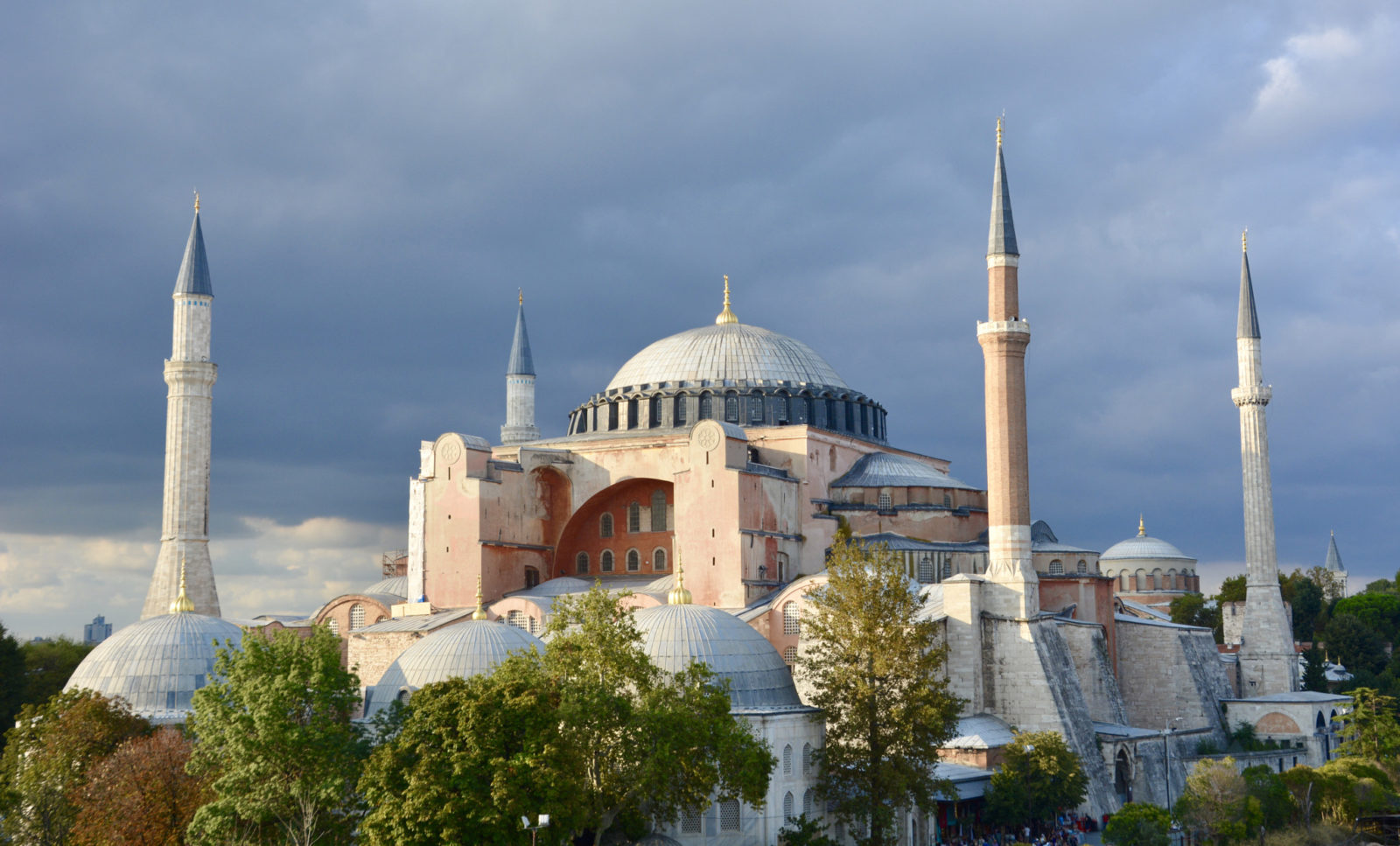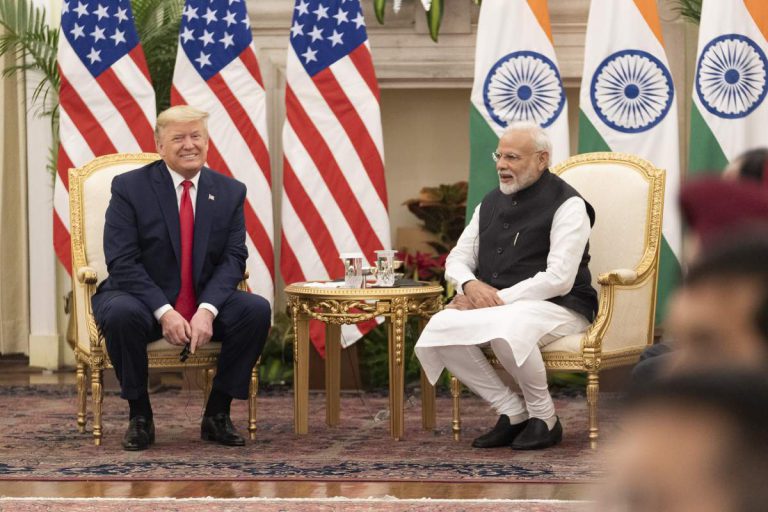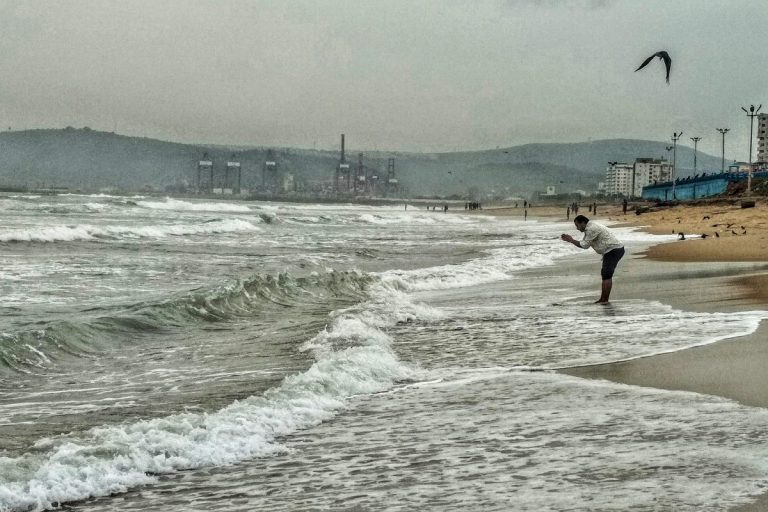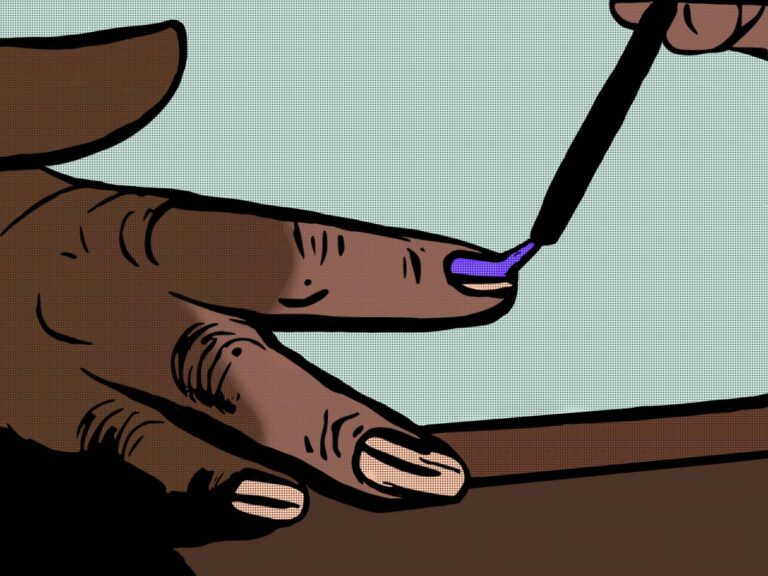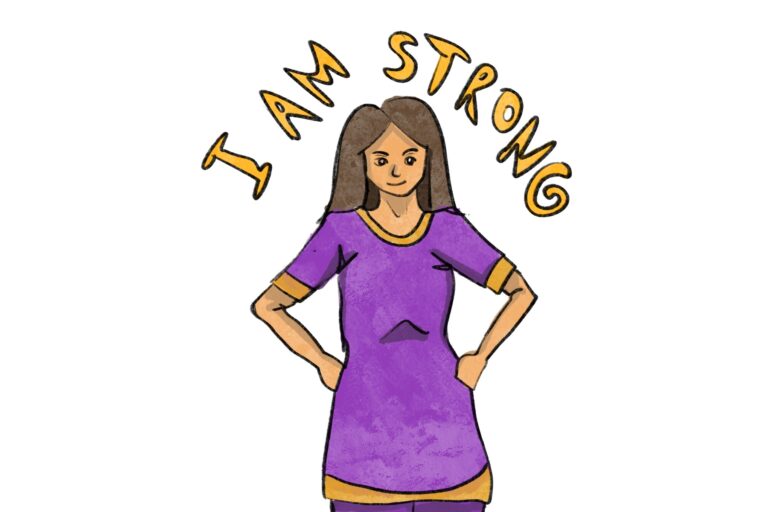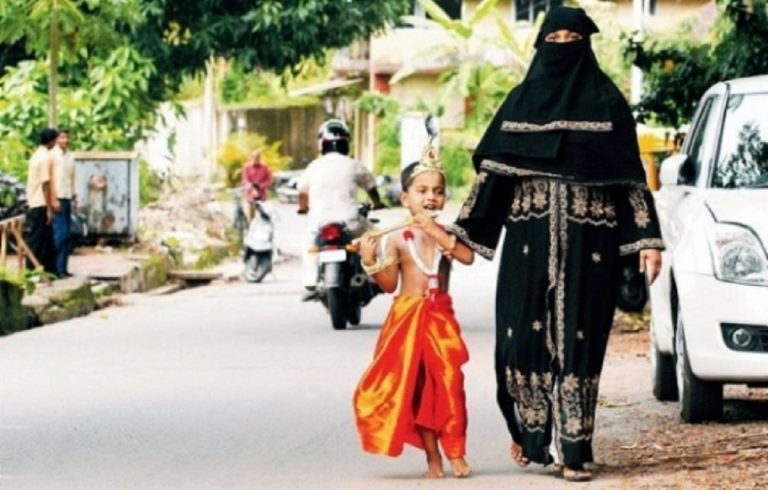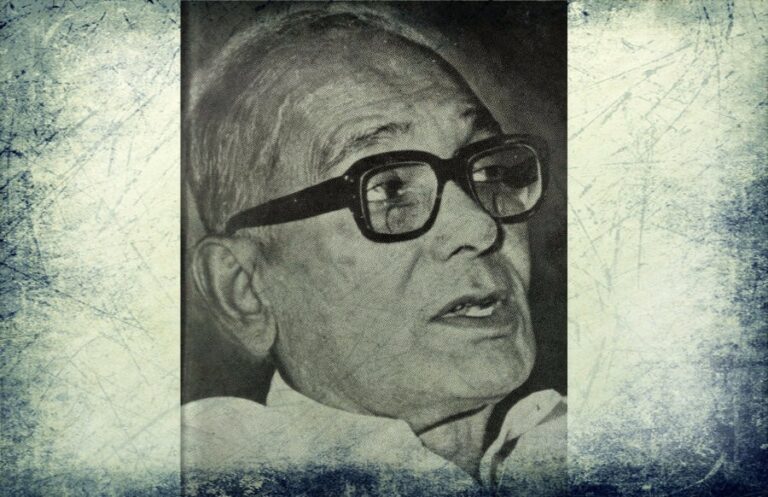Religion in politics – Decisive. Divisive. Destructive
Dr. Jayan is a ‘Contributing Writer’ at the journal.

[responsivevoice_button voice=”US English Male” buttontext=”Read out this Theel for me”]
Mistakes of the past will haunt us in the present and the future, but if revenge is the word and thought, actions which permeate and follow will further alienate some of us, cheer most of us in our society or within our religious confines and set a wrong precedent for the world and the generations to come. It would come up in classrooms as classrooms become reflections of the real world, and as children grow up, they assimilate what was forced onto them, not what actually took place. A distorted fact is more dangerous than an established historical authentic truth in terms of its consequences. Hagia Sophia has won many hearts across the Muslim world, but the fact or truth which cannot be silenced is that our planet is an ethnological museum where each one’s religious beliefs are different in terms of upbringing, thought processes and personal acceptance. The Civilized State of the present day should not and does not define a citizen’s religion; it shouldn’t support or oppose, but respect it in a democratic world. The Turkish Supreme Court ruling raises many questions with severe repercussions in terms of regional and World Peace, where religion can become a center of conflict and confrontation.
There are many questions that can be in the center-stage of an authentic democratic debate though it is an internal matter of a state which has territorial jurisdiction over the region. Can the Judiciary, which is one of the organs of the government, be the final arbiter to decide the fate of a religious monument and place of worship? How does the Judiciary, which is entrusted with the task of making sure that the laws passed by the legislature and implemented by the Executive, which is in accordance with the provisions of a constitution, make a decision favoring the conduct of religious prayers in a UNESCO world heritage site?
A monument that is built in a particular era does become a historical one and part of History with the passage of time. It stands as an eloquent reminder of the past in its innocence, grandeur, beauty, and above all, a sight to behold; it is a glimpse unforgotten to the viewer, admirer, photographer, and the passerby of the past, present, and the future. It is History that comes alive whether it is Ancient, Medieval, or Modern with the sight and existence of a monument of the bygone era, which was technically not even in the formative stage, but progressively well ahead of its time. It was the innovations of the past which helped Civilizations to leave memories after centuries of their survival and decline. If restrictions were to be placed and infringements to be made on religious architectural wonders, then the repercussions and consequences of decisions with religious connotations in accordance with the constituents which form the voting base of the government in power or out of power, architectural beauty would perhaps remain undiminished and unparalleled, but the sanctity would be lost. With sentiments building up on both sides of the religious and political spectrum leading to walls of distrust. This could have formed or become long term deterrents to peace.
In the Mediterranean, Greece opposed the move and made a categorical statement that the Turkish decision is religiously insensitive and would further strain the bilateral relations between the two countries. Hagia Sophia is a masterpiece of human endurance, architectural excellence, craftsmanship, and unparalleled beauty of an edifice in stone with calligraphy and graphics depicting many events. It was a treasured gift from the Byzantine and Ottoman empires, a mesmerizing sight to behold, which sees millions of visitors annually. Mustafa Kamal Pasha, the founder of modern Turkey, is an iconic figure among Turks and Turkey. He turned Hagia Sophia into a museum, winning hearts and accolades for a decision that remained unchanged till July 2020. Ataturk’s decision was one of the hallmarks of true statesmanship, which was secular and open-minded in tune with a futuristic globalized, multicultural, pluralistic world. As the Turkish President Recep Erodgan walked down to offer prayers in Hagia Sophia, the world was divided in opinion but also in thoughts, which hopefully will not result in vengeful actions. It also undermines a global phenomenon of religious influence into today’s political discourses in Parliaments around the world.
Governance of a state has to be in accordance with the social and political needs of the people and the fulfillment of the social welfare programs, which would bring in more social and economic parity among citizens irrespective of regional imbalances, ethnic origins or religious faiths. Down the memory lane of History each civilization, empire or nation-state has left their legacy or imprint architecturally, logistically, religiously and many things which cannot be ascertained because only a part which was recorded in the Ancient or medieval World was written down, which complicated the process of genuine, authentic historical verification. The policy of religious interference or influence in Politics leaves many a stone unturned and deepens the divide between the government and the governed. A welfare state exists on the principle of equality and freedom of thought, belief, faith, expression, and worship. Religious ethnic minorities are discriminated against or completely eliminated in some cases through state excesses and police brutality, which leaves a lasting legacy of pain and revenge. The break-up and disintegration of erstwhile Yugoslavia into independent republics was due to religious and ethnic tensions apart from the loosening control of communist-led regimes in Europe in the 1990s. Theocratic states do ignore the sensibilities and sensitivities of religious minorities who want to preach, profess, and practice their own religions. India does have secular credentials, but our History, unfortunately, has darkened shades of turbulent times of religious acrimony between Hindus and Muslims during and after the partition.
The bringing down of Babri Masjid was a case of mass religious sentiments being exploited for political dividends which not only questioned our secular credentials as enshrined in our constitution but challenged the very notion of peaceful harmony in the country. It is also fair to say that every peace-loving and law-abiding citizen in India across all religious faiths have co-existed for centuries. India is a secular nation with Hinduism forming the largest segment of the population. It also has the largest Muslim population after Indonesia with Christians, Buddhists, Sikhs, Jains, and Parsis forming other minority groups. Religion and politics are two diametrically opposite forces that need to be separated when it comes to the functioning of democratic governments as far as a modern state is concerned. A religious minority group needs to be accepted and feel secure, which are the hallmarks of a pluralistic forward-looking society based on ethical governance, fair jurisprudence, and liberty.
The secular fabric of a nation is to be preserved and protected, and then only it can be treasured as an example of religious harmony and multiculturalism. A country has a single flag with the depiction and reflection of its History, core values, and national pride. When the national anthem is played on the Olympic stage, it is the flag which the athlete carries, which unites the nation, not the religion, caste, gender, creed, or color of the athlete. After the victory, the baby in the mother’s arms or the elder one in school grows up knowing the name of the athlete who fought hard in the playing battlefields to hold their country’s flag in the midst of a wide ocean of humanity which sees them digitally on screen or in action on the field. The religion of the sportswoman or sportsman doesn’t matter as long as the flag is held high in respect, obedience, and honor. The religion of the elected leaders doesn’t matter as long as their well-won victory to govern doesn’t have a religious color or agenda, but hard work towards National Integration in the path towards progression with compassion and dignity.
Featured Image Credits: Wikimedia


